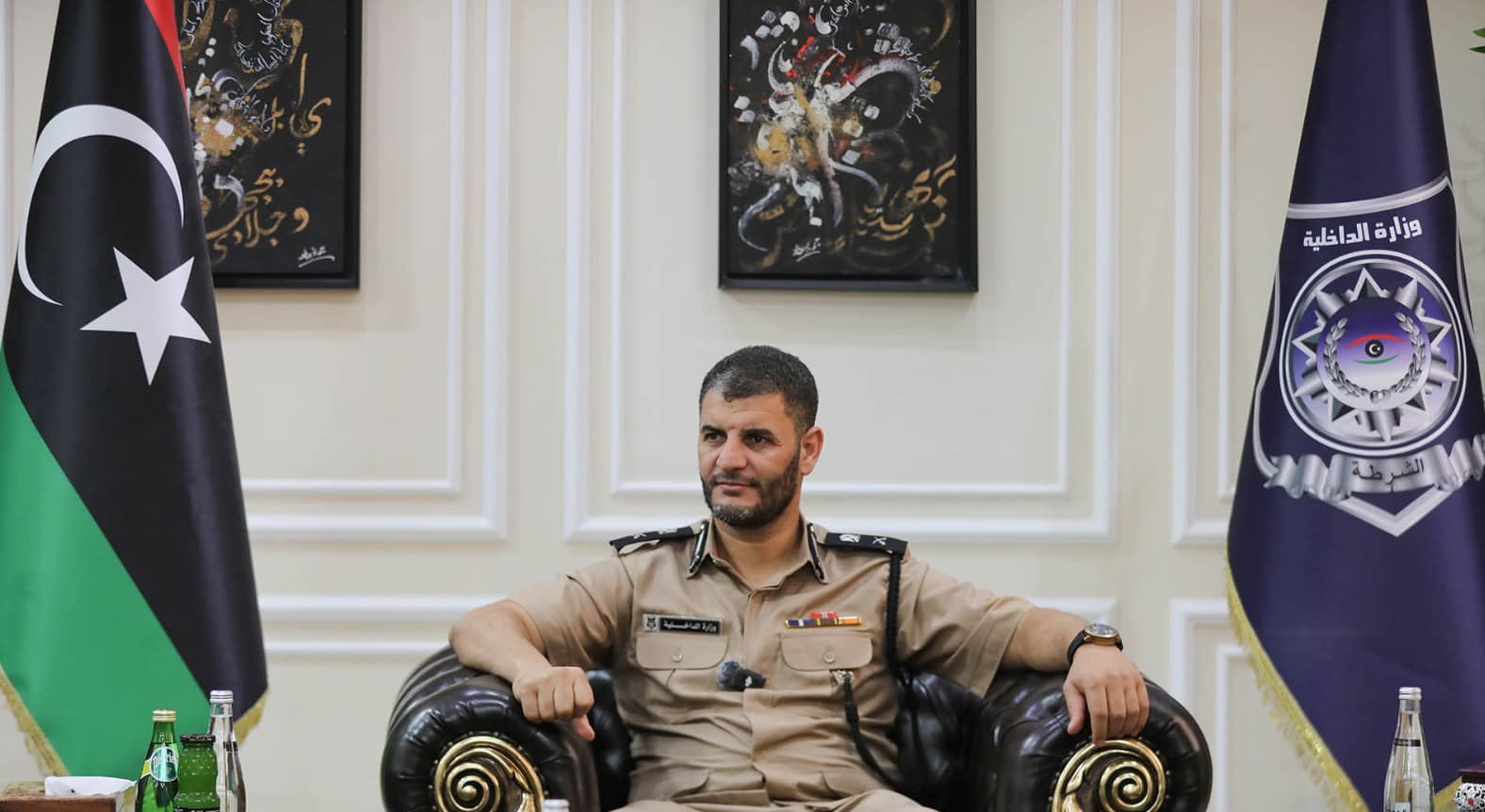Libya’s morality police reactivated: New restrictions on dress and public interaction spark controversy

Libya’s Minister of Interior for the Government of National Unity, Imad Trabelsi, has ignited a wave of controversy among citizens following the announcement of the reactivation of the country’s morality police.
The move, which includes imposing strict dress codes and curtailing public interactions, has provoked intense public debate.
Speaking at a press conference, Trabelsi stated that morality police patrols would resume operations next month, tasked with preventing what he described as “strange hair trends” and clothing styles among the youth that he said do not align with Libyan culture and social norms.
He further stressed the need for women to wear “respectful clothing” in public spaces, urging the Ministry of Education to mandate the wearing of the hijab for female students.
In his remarks, Trabelsi warned against women traveling without a male guardian, or mahram, and called for the reactivation of a women’s police unit to deter “immoral acts” and prevent the mixing of men and women in cafes and other public venues.
The minister’s comments included a pledge to enforce these rules rigorously, stating that those who violate them would face arrest and that raids on private homes would be carried out if there was evidence of inappropriate behavior.
Trabelsi also said, “Anyone seeking personal freedom should go to Europe.”
The announcement has sparked significant debate within Libyan society, drawing criticism from many who see the measures as a rollback of personal freedoms.
Others, however, have expressed support, arguing that they reflect traditional values.
This move comes amid ongoing challenges in post-revolution Libya as different factions seek to assert control and influence over public life.
About The Author
dailymailafric
I am an avid African news observer, and an active member of Daily Mail Africa.
I’m Passionate about staying informed on diverse topics across the continent,
I actively contribute to publishing on political, economic and cultural developments in Africa.



